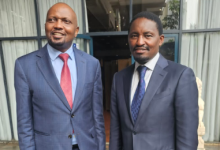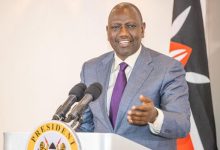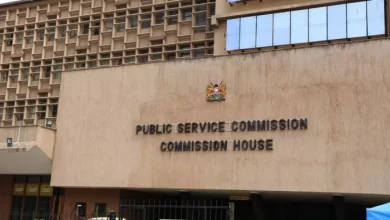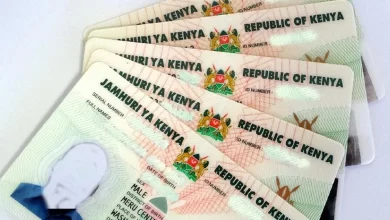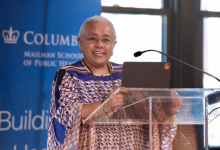World Bank Appoints KenGen as Implementing Agency for BESS
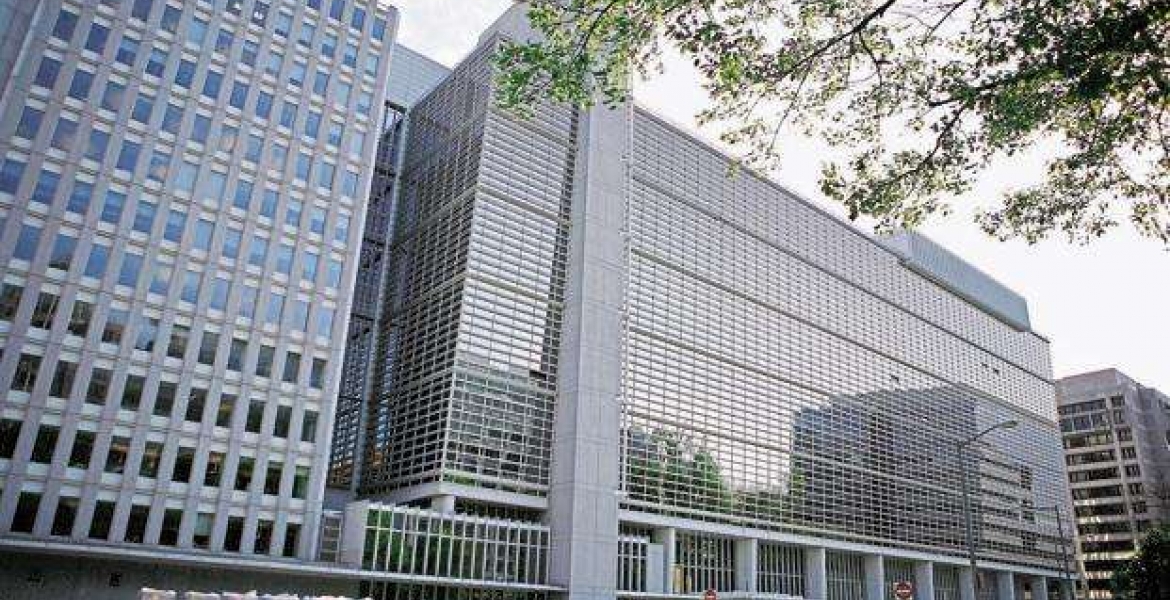
Kenya Electricity Generating Company PLC (KenGen), Kenya Electricity Generating Company PLC (KenGen), has been earmarked as the Implementing Agency for the Battery Energy Storage System (BESS) as part of the Kenya Green and Resilient Expansion of Energy (GREEN) program, funded by the World Bank.
To facilitate this, a pilot installation of the BESS capacity is being considered for several key regions, including Central Rift, Coastal Region, Mount Kenya, Nairobi, North Rift, and Western Kenya. The specific project site selection will depend on the outcomes of a forthcoming Feasibility Study (FS), conducted by KenGen, in collaboration with designated FS Consultants, who will recommend the most suitable locations for BESS installations.
Preliminary findings from the analysis have underscored the critical need for Battery Energy Storage Systems (BESS) within the national electricity infrastructure. The BESS will serve as a crucial repository for surplus energy generated from geothermal and Variable Renewable Energy (VRE) sources, enabling improved electricity service delivery to Kenyans.
“KenGen is honoured to lead the implementation of the Battery Energy Storage System (BESS) project under the GREEN program. This initiative marks a significant milestone for Kenya’s energy sector,” said KenGen Managing Director and CEO, Eng. Peter Njenga.
The NSE-listed company’s CEO further said, “By efficiently storing surplus energy and enhancing electricity stability and reliability, the BESS project will not only alleviate energy curtailment but also usher in a new era of sustainability and energy security.”
The BESS project is developed in adherence to the World Bank’s Environment and Social Framework (ESF) and its ten Environmental and Social Standards (ESSs). Specifically, ESS 10 on Stakeholder Engagement and Information Disclosure dictates that implementing agencies must provide stakeholders with timely, relevant, understandable, and accessible information. It also mandates culturally appropriate consultations, ensuring freedom from manipulation, interference, coercion, discrimination, or intimidation.
The Stakeholder Engagement Plan (SEP) has been formulated to achieve the overarching objective of effective stakeholder engagement, public information disclosure and consultation throughout the project’s lifecycle. The SEP outlines the strategies through which the project team will engage with stakeholders and includes mechanisms for stakeholders to voice concerns, provide feedback, or file complaints related to project activities, or any matters associated with the project.
“KenGen, in collaboration with the Government of Kenya and the World Bank, is committed to the successful execution of the BESS project. This endeavor represents a pivotal step towards achieving a more resilient and sustainable energy future for Kenya,” said Eng. Njenga.


